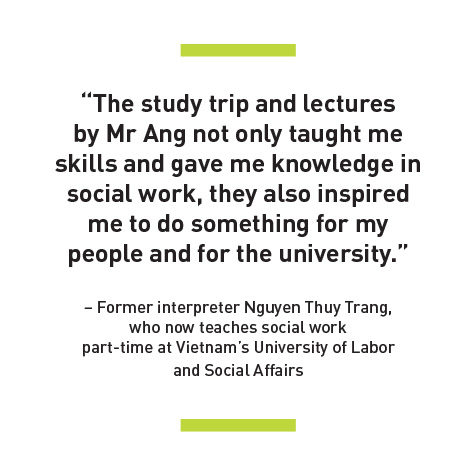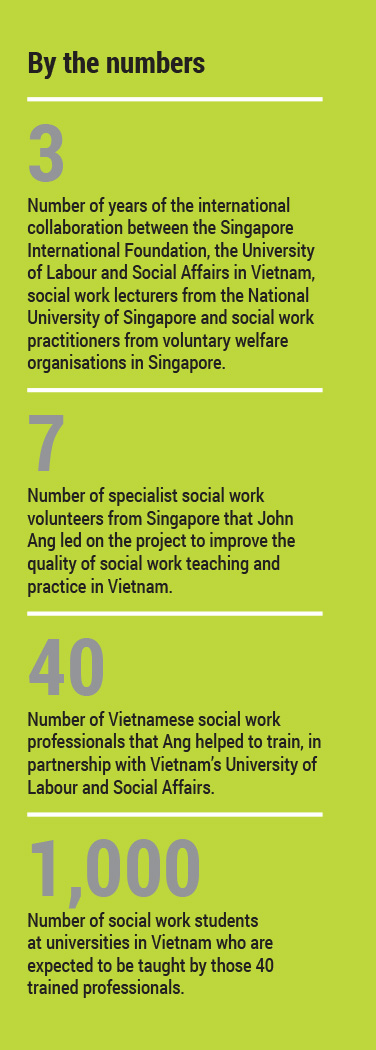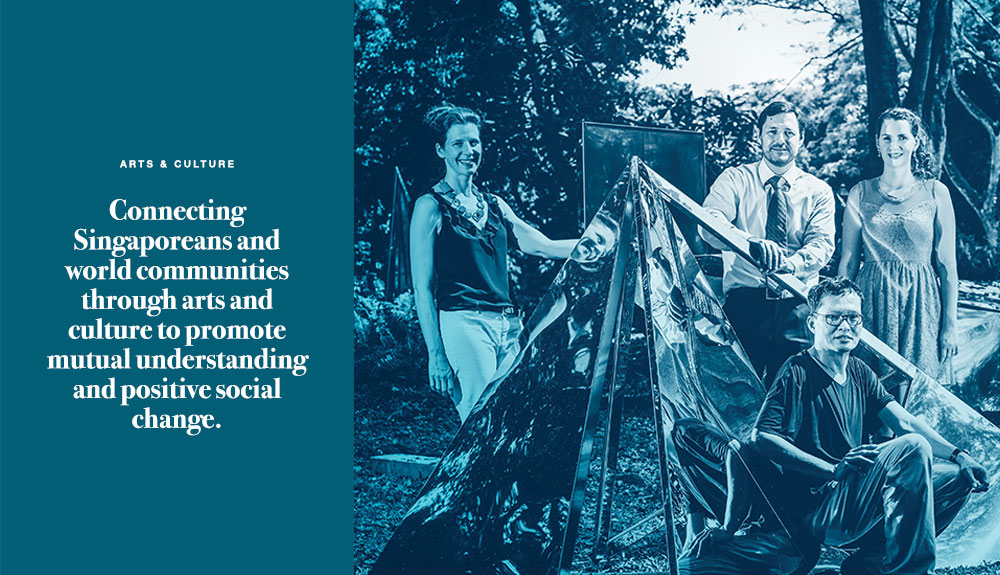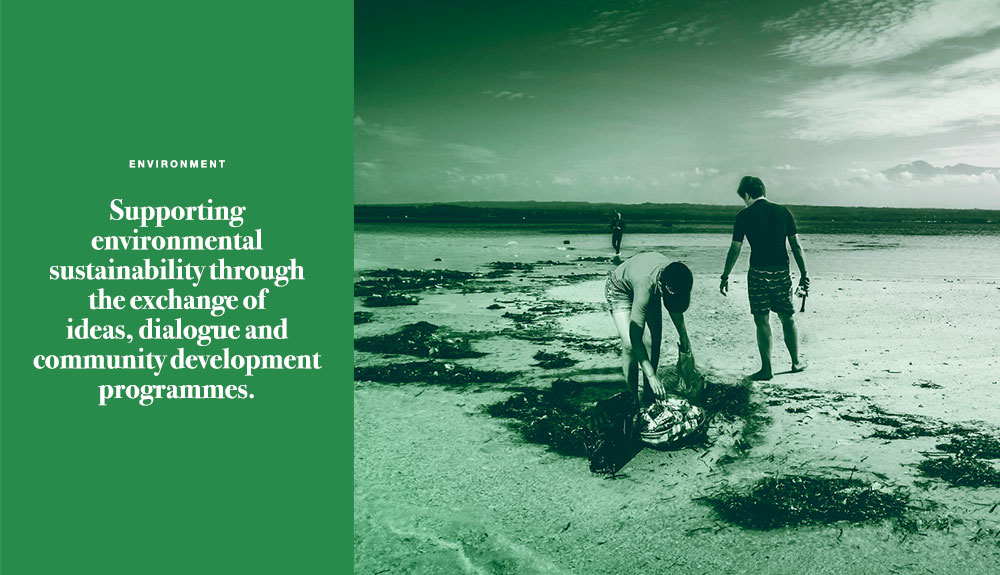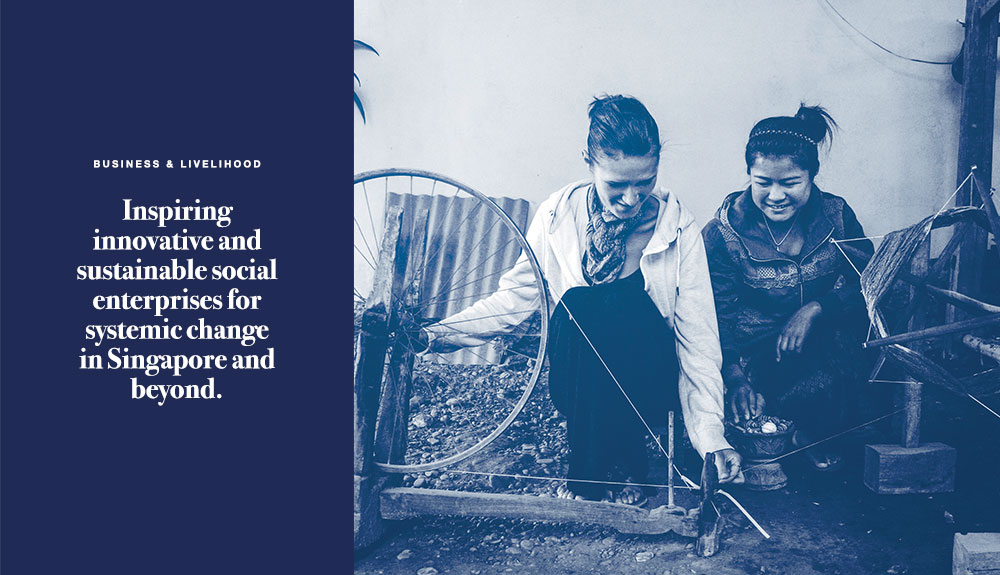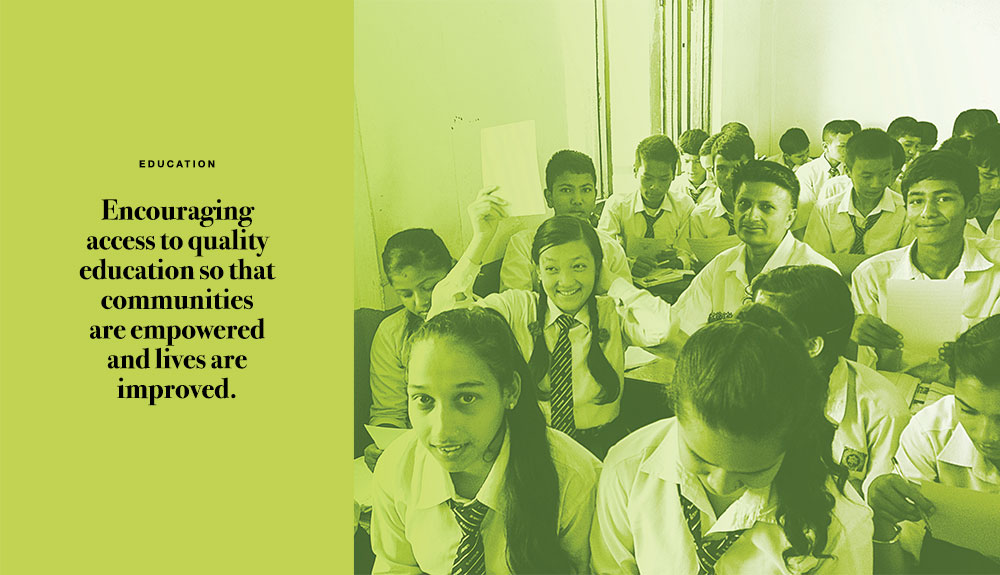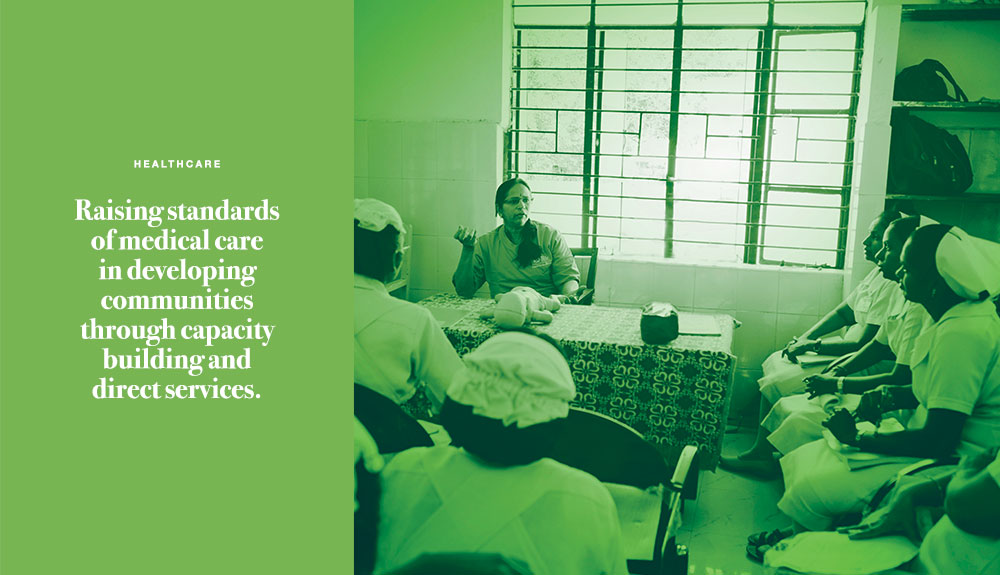
John Ang may be 72, but remains passionate about volunteering as a social work trainer overseas for the Singapore International Foundation (SIF) – on top of teaching seven hours a week as a senior fellow at the National University of Singapore’s social work department.
He enjoys talking with and learning about his students on his volunteer trips, breaking through cultural barriers so they regard him as a friend, not just a lecturer. He says: “Communities outside Singapore interest me because we had received a lot of help from other countries when Singapore was poor. Now that we are better off, we should look to our neighbours and see how we can benefit them.”
His first SIF assignment, from 2001 to 2003, took him to Yangon, Myanmar, where he helped put in place a structured social work training programme for social welfare officers. A few years later, Myanmar introduced its first social work diploma programme for social workers.
Nearly a decade after stepping up, Ang became the specialist volunteer team leader of SIF’s Social Work project in Hanoi from 2010 to 2012 for social work teachers. His team conducted workshops in Vietnam and training attachments in Singapore. The aim was to enhance Hanoi’s social work curriculum, training and practice to better address Vietnam’s complex social problems. It benefited 40 Vietnamese social work professionals, who, in turn, are expected to teach more than 1,000 students at local universities.
Last year, for serving a decade as a Singapore International Volunteer, the SIF presented Ang with a long service award.
Inspiring learning
Ang recalls the initial muted response to the classes at Vietnam’s University of Labor and Social Affairs (ULSA). Participants showed up out of a sense of duty; they would passively listen, walk in and out of the classroom or skip class.
So he and his co-facilitator got creative, stacking the tables and benches at the back of the room for more space to enable group interaction. “We played games and kept our lectures short. We asked lots of questions to involve them and handed out tokens of sweets and snacks.”
The participants warmed up on later trips. “They would hold our hands, smile and chat. There was a lot more happiness and fun as we had to think up all sorts of activities to engage them effectively.”
To ensure accurate translations, he involved the interpreters in the lessons too. One of them, Nguyen Thuy Trang, was so inspired that she enrolled in and finished a Master’s in social work in 2014. She now teaches social work parttime at ULSA, applying Ang’s teaching tools to make lessons interesting, like group discussions and visual aids. Ang’s sessions made a huge impact, enhancing social work capacity for staff and lecturers from universities and non-governmental organisations, says Trang, who attended a training attachment in Singapore with her colleagues. She says: “The study trip and lectures by Mr Ang and others taught me skills and inspired me to do something for my people and the university.”
Encouraging friendships
Countries in the region know Singapore for its efficiency, high educational standards and skills in commerce. “Hopefully, we helped to show them an additional dimension of Singaporeans’ generosity. We don’t want to be known as a people only obsessed with getting ahead in life.”
Ang says he now has a deeper appreciation of Vietnam. “The Vietnamese are entrepreneurial. They don’t sit back and lament their fate. They do something about it, which is admirable.” The Hanoi project’s ultimate goal was to bring the social work communities in Singapore and Vietnam together for good. Along the way, lasting friendships were made with the Vietnamese, including Trang.
Connecting with them helped him understand that people are more alike than different. “The person-to-person friendship is there. Every culture has something beautiful for us to learn from.”
Meanwhile, he has ideas for future giving projects. “I’m interested in raising funds for Myanmar to develop a model of eldercare or going to another country nearby to share what I know about working with young children.” This could be an early intervention programme for children with special needs, like autism.

